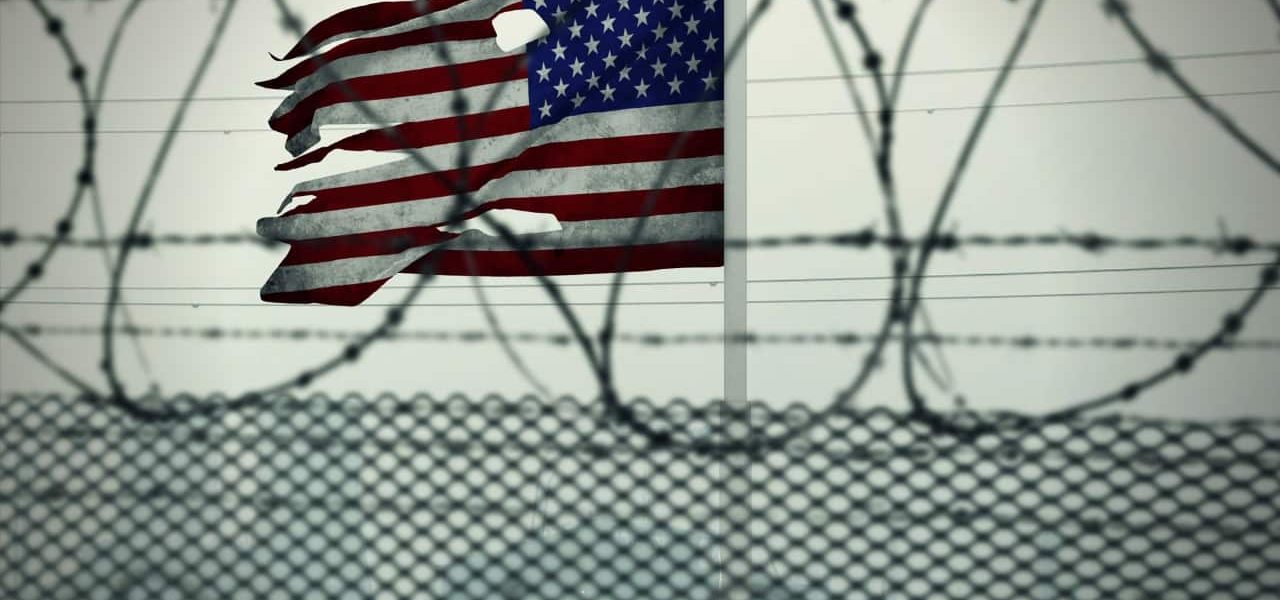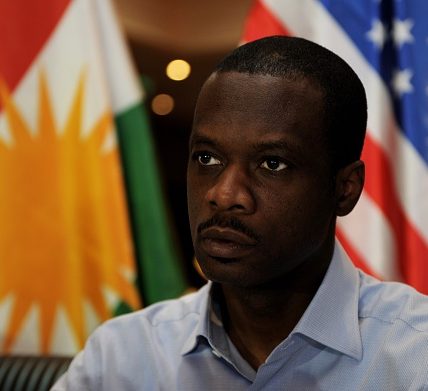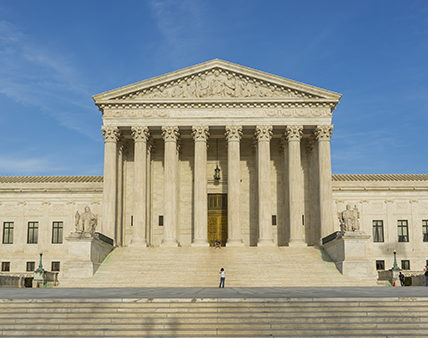Here’s a pop quiz: When can an Army colonel overrule the Secretary of Defense? It happened last week for probably the first time in modern history. The short answer is: Even in the military, the Secretary of Defense cannot change the rules and procedures for criminal prosecutions and tell military judges how to try cases.
Here is the backstory.
For years, the feds told us that Osama bin Laden was the 9/11 mastermind. Then, after they murdered bin Laden in his home in Pakistan in 2011, they decided that Khalid Shaikh Mohammed was the real mastermind and they would try him in a military court and seek the death penalty. After all, he deliberately set in motion calculated events that resulted in the murders of nearly 3,000 Americans.
Fast forward to a few weeks ago when we learned that a plea agreement had been entered into by way of a signed contract between the retired general in the Pentagon who is supervising all Gitmo prosecutions, the Gitmo defendants and defense counsel, and the Gitmo military prosecutors. The agreement provides that in return for a guilty plea, Mohammed and others will serve life terms at Gitmo, rather than be exposed at trial to the death penalty or serving their sentences at America’s hellhole in Florence, Colorado. The guilty plea is to include public and detailed recitations of guilt.
So far, this is straightforward. While the trial judge may have given his nod of approval to the terms of the agreement, under the federal rules of criminal procedure, the agreement is not final until the judge hears the defendants actually admit guilt under oath in a public courtroom and then accepts the plea in a written order.
That admission has not yet taken place because Secretary of Defense Lloyd Austin, who learned of the plea agreement while traveling, removed the authority of Gen. Susan Escallier, who is supervising the prosecution, to enter into plea agreements without his express approval.
Thereupon, defense counsel asked the judge in the case, Col. Matthew McCall, to enforce the agreement anyway since it is a signed contract, and schedule the plea hearing at which Mohammed and others will presumably comply with their obligations to spill the beans on this 23-year-old case.
The military prosecutors — who initiated the plea negotiations two years ago because they recognized that they cannot ethically defend the torture regime of President George W. Bush — complied with Pentagon orders and asked Judge McCall to reject the plea.
Last week, the judge denied the government’s request and rejected the Pentagon’s order and scheduled hearings at which Mohammed and the other defendants will presumably acknowledge their guilt under oath.
The judge’s ruling is essentially unassailable. He ruled that when Defense Secretary Austin rescinded the authority of Gen. Escallier — a retired military judge — to agree to guilty pleas, it was too little and too late. By the time Sec. Austin removed Gen. Escallier’s authority to approve guilty pleas in all Gitmo cases, she had already approved these pleas. Thus, she was fully possessed with the power to approve them at the time she signed the approvals.
The prosecution now confronts an ethical dilemma.
The plea negotiations were begun by the prosecutors. The current team of prosecutors is the second prosecutorial team. Full disclosure — I consulted with the first team of prosecutors on some of their civil liberties issues. The current team, after reviewing the work of its predecessors, concluded that the case was not winnable and posed a great risk to American jurisprudence and to American troops stationed abroad.
The risk to jurisprudence is the nearly impossible task of defending torture. Lawyers are prohibited from using evidence obtained under torture to prove a case, and judges are prohibited from permitting such evidence to be considered by juries. This is a basic principle of law that President Bush forgot about, ignored or never knew when he authorized torture back in 2001. Mohammed was tortured for three years at black sites in foreign countries and at Gitmo.
Judge McCall has not yet ruled on exactly what evidence will come before the jury — should there ever be a trial — as he is the fourth judge in the case. In order to make his rulings, Judge McCall will need to review more than 40,000 pages of documents and transcripts produced to his predecessors. President Bush also forgot, ignored or never knew that military judges — unlike federal district court judges — rotate off their assignments every four or five years.
If President Bush had not crafted the jurisprudential nightmare in Gitmo — with its torture regime and agonizingly slow military rubrics — Mohammed and the others would have been tried in federal court in New York City by now, and would have been acquitted and set free or convicted and executed or still serving life terms.
Instead we have the anomaly of prosecutors asking a military appeals court — once headed by the same Gen. Escallier — to reject a guilty plea that the same prosecutors sought and crafted so that they can now try a case that they have told their superiors and publicly revealed will be impossible to win and dangerous to try.
Why will it be dangerous to try Mohammed? Because when the world learns from a public court room what the U.S. government did to him in its torture chambers — all of it criminal, unconstitutional and constituting war crimes for the prosecution of which there is no statute of limitations and which are not pardonable — it will be startled; and many angered folks will seek revenge on unsuspecting U.S. troops abroad.
All Americans should care about this. The feds are subject to the Constitution and the rule of law. They cannot evade or avoid either for unpopular defendants or for political gain. If they could, then no one’s freedom is secure.
To learn more about Judge Andrew Napolitano, visit https://JudgeNap.com.







